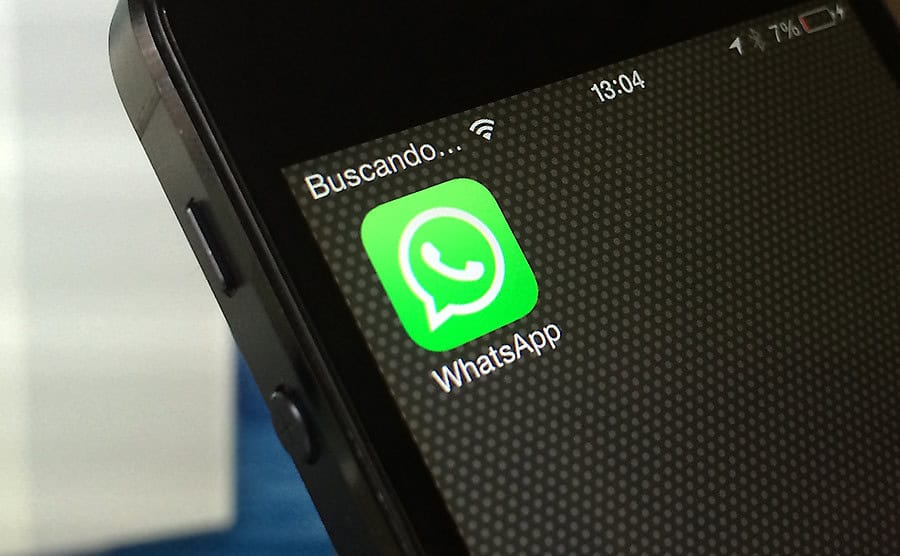MOSCOW: The Russian founder of popular messaging app Telegram has warned that WhatsApp, the world’s top messaging app, will continue to be open to surveillance after the Facebook-owned platform had to tell users that their phones could be infected with spyware.
Pavel Durov, a maverick programmer who created Telegram to offer securely encrypted communications, late Wednesday posted a blog titled “Why WhatsApp will never be secure.”
Telegram has repeatedly come under fire from authorities in Russia over its strong encryption and it is officially blocked in the country.
“WhatsApp has a consistent history -– from zero encryption at its inception to a succession of security issues strangely suitable for surveillance purposes,” Durov wrote.
WhatsApp on Tuesday told more than 1.5 billion users around the world to upgrade the app to plug a security hole.
The flaw allowed for the injection of sophisticated malware that could be used to spy on journalists, activists and others.
“Every time WhatsApp has to fix a critical vulnerability in their app, a new one seems to appear in its place,” Durov said.
He suggested the FBI could have forced WhatsApp or Facebook to include “backdoors” or secret ways to bypass security systems in their programming.
“For WhatsApp to become a privacy-oriented service, it has to risk losing entire markets and clashing with authorities in their home country,” he wrote.
Telegram was founded by brothers Pavel and Nikolai Durov, who previously created Russia’s popular VKontakte social networking site.
Telegram had 200 million users, 7 percent of them in Russia, according to the latest figures announced in 2018.
In March this year, Telegram said that it had gained 3 million users in 24 hours as Facebook, Instagram and WhatsApp experienced difficulties.
In 2018, the Russian authorities ordered domestic internet service providers to block Telegram after it refused to give them access to user messages.
But the move to shut down Telegram in Russia failed and it is still functioning.
Telegram lets people exchange messages, stickers, photos and videos and create groups of up to 200,000 people.
[source_without_link]Agence France-Presse[/source_without_link]

